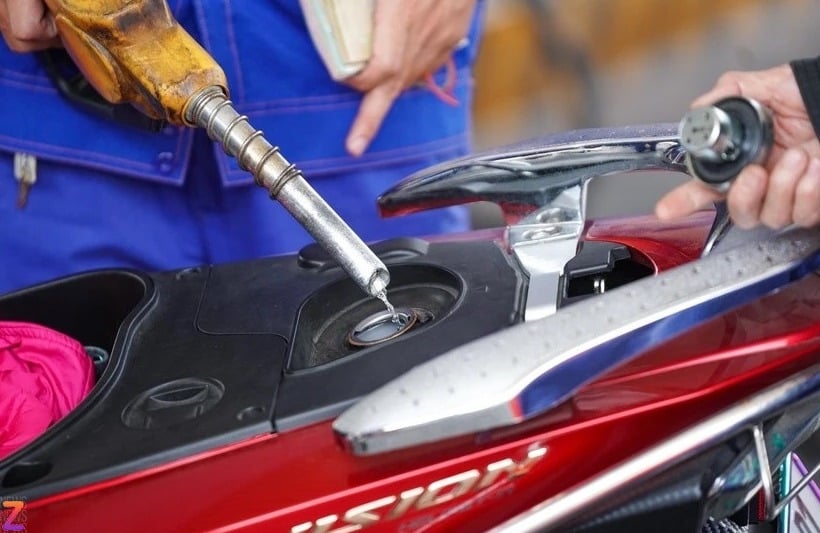
Ministry of Industry and Trade is seeking comments on the draft Circular regulating the roadmap for applying the blending ratio of biofuels with traditional fuels in Vietnam.
According to the proposal, in phase 1 (from January 1, 2026 to the end of 2030), all gasoline sold on the market will be E10 gasoline. In phase 2 (from 2031), all gasoline in circulation will switch to E15 or other biofuels decided by the Minister of Industry and Trade.
International research shows that E10 helps reduce CO2 emissions by 3-5% compared to traditional gasoline. If applied to 10 million tons of gasoline consumed each year in Vietnam, CO2 emissions can be cut by 640,000-800,000 tons, 6-8 times the reduction when using E5 currently.
Biofuel also helps reduce toxic emissions such as CO, HC, NOx thanks to its higher oxygen content, while limiting olefins and aromatic compounds which are quite high in gasoline domestically produced
In addition to environmental impact, the Ministry of Industry and Trade emphasized that E10 is also safe for engines. Major companies such as Toyota, Honda, Ford and many international technical organizations (including SAE) all confirm that E5 and E10 are harmless and even beneficial thanks to their higher octane numbers, helping the engine run smoothly, reducing knocking, saving maintenance costs and extending its lifespan.
In Vietnam, the Ministry of Science and Technology has tested and concluded that E5 and E10 do not affect engine durability if quality standards are followed.
Petrolimex said car manufacturers such as Toyota and Honda have also confirmed that their vehicles operate normally with E10 gasoline. Meanwhile, in the US, E10 has been used for more than 20 years and is recognized as safe for all types of modern car and motorbike engines.
The Ministry of Industry and Trade also cited experience from Thailand, a country with more than 20 million cars with an average age of 11-12 years, similar to Vietnam. In 2007, Thailand deployed E10 gasoline and by 2013 had completely eliminated RON 91 gasoline, making E10 the standard fuel. After that, E20 gasoline was introduced as a premium line, while E85 served vehicles using flexible fuel.
In fact, the Thai car fleet has been using E10 for decades without any problems, including cars manufactured in the late 1990s and early 2000s. Car manufacturers here also confirm that E10 and E20 are safe for modern cars, as shown in the warranty and user manual; many cars even have the label "E10/E20 OK" right on the fuel tank cap.
Source: https://baoquangninh.vn/ly-do-bo-cong-thuong-de-xuat-toan-bo-oto-xe-may-dung-xang-e10-tu-2026-3373190.html


![[Photo] National Assembly Chairman Tran Thanh Man attends the 725th anniversary of the death of National Hero Tran Hung Dao](https://vphoto.vietnam.vn/thumb/1200x675/vietnam/resource/IMAGE/2025/10/12/1760285740475_ndo_br_bnd-8978-jpg.webp)
![[Photo] Delegation attending the Government Party Congress visited President Ho Chi Minh's Mausoleum](https://vphoto.vietnam.vn/thumb/1200x675/vietnam/resource/IMAGE/2025/10/12/1760240068221_dsc-3526-jpg.webp)


![[Photo] The 1st Government Party Congress held a preparatory session.](https://vphoto.vietnam.vn/thumb/1200x675/vietnam/resource/IMAGE/2025/10/12/1760257471531_dsc-4089-jpg.webp)
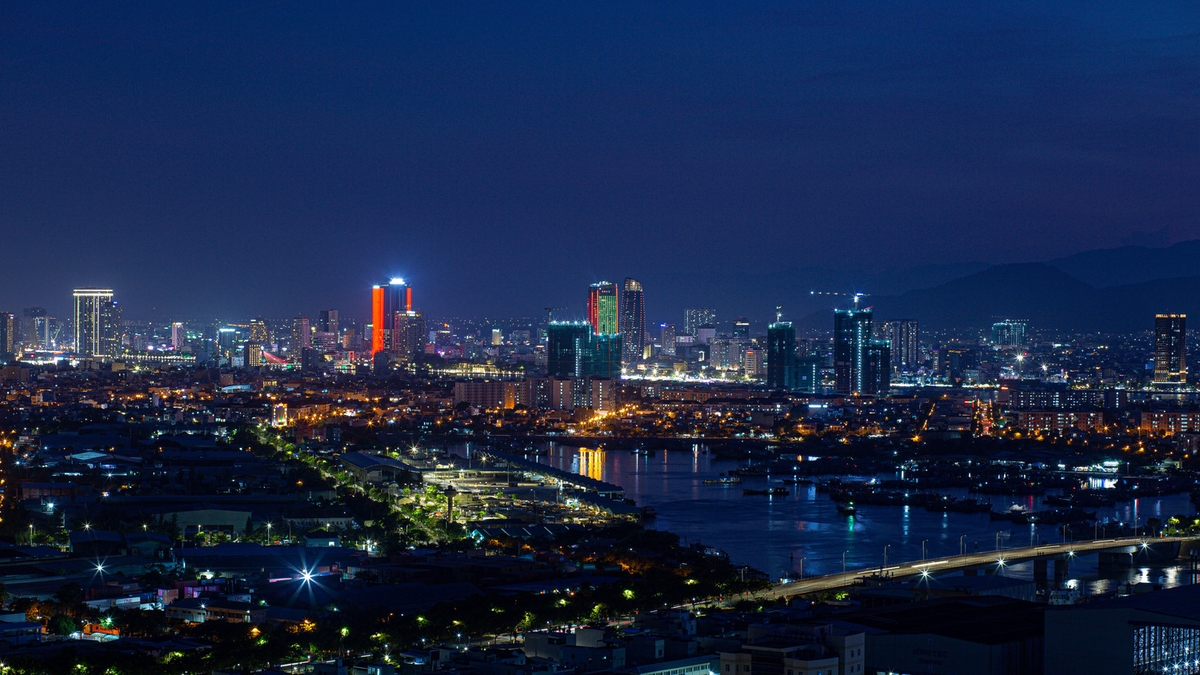
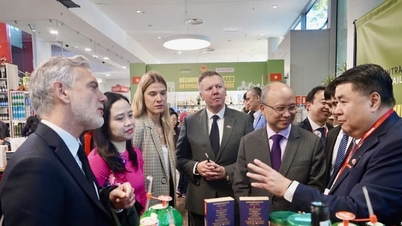






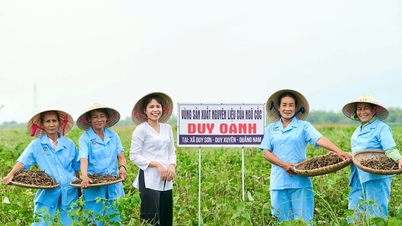

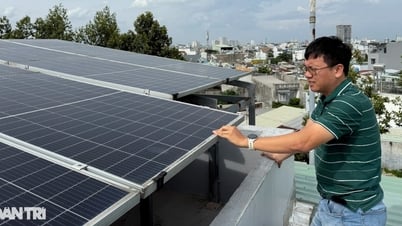

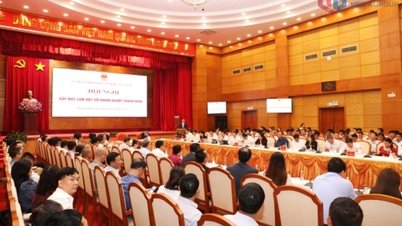
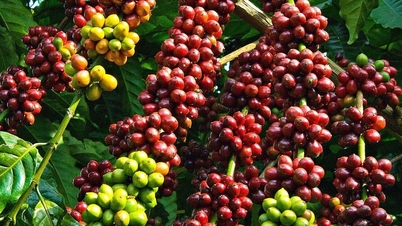


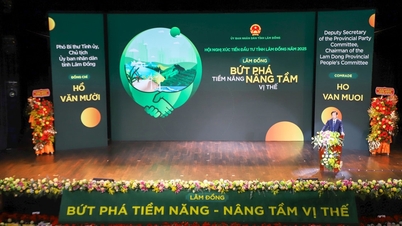

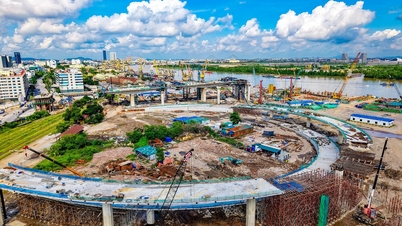






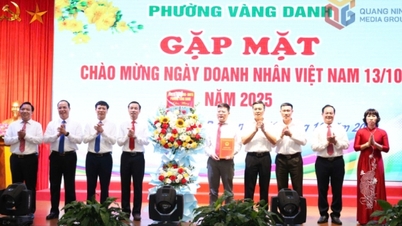
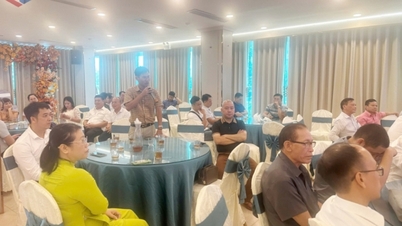

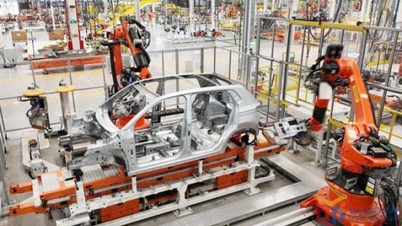
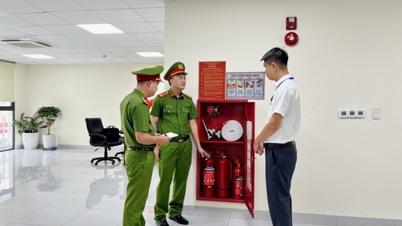



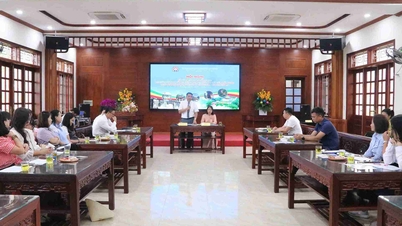


















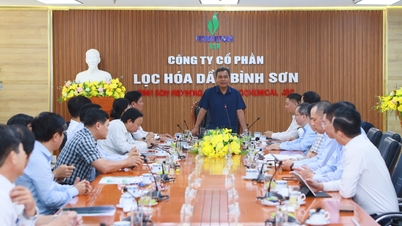












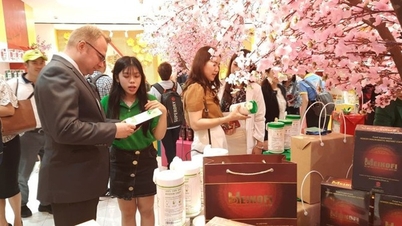

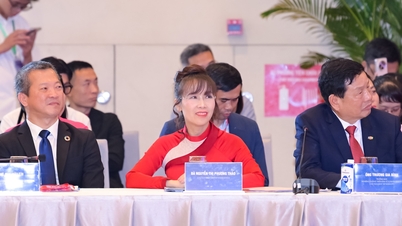




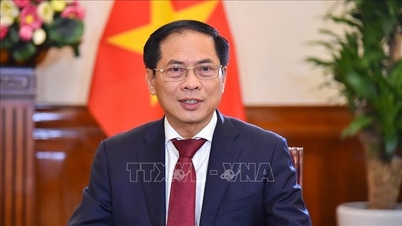


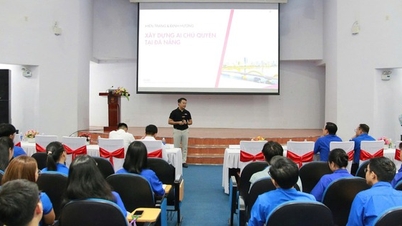
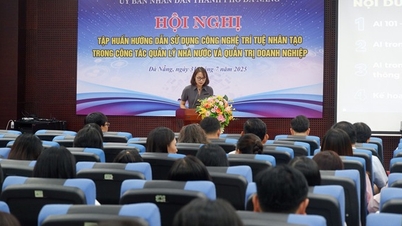
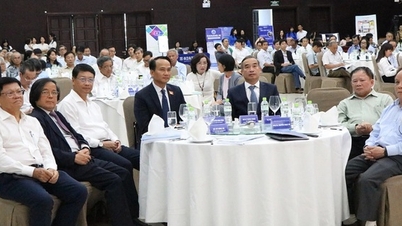
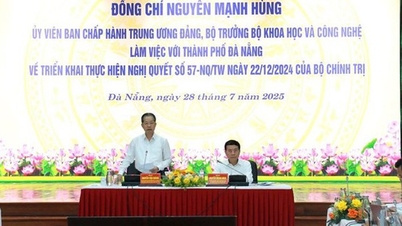
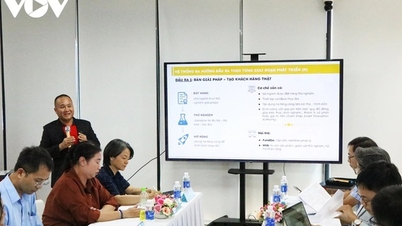
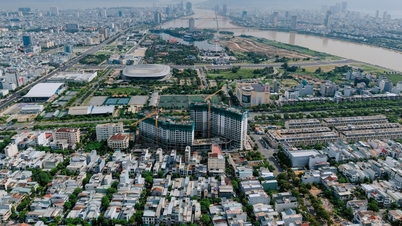
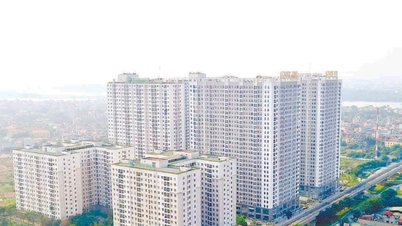
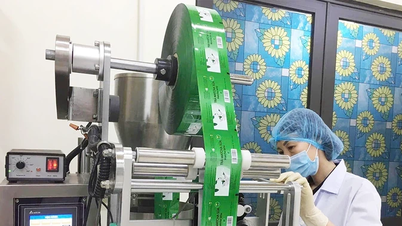

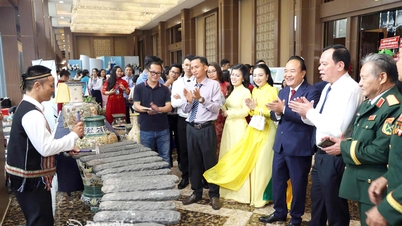


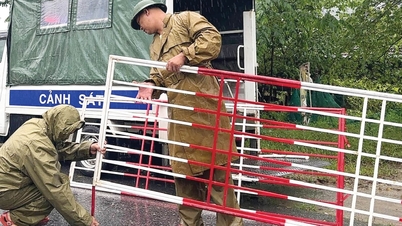















Comment (0)